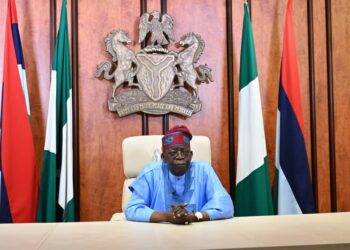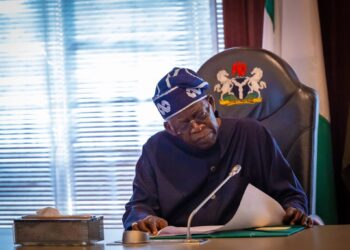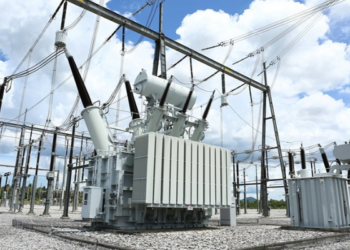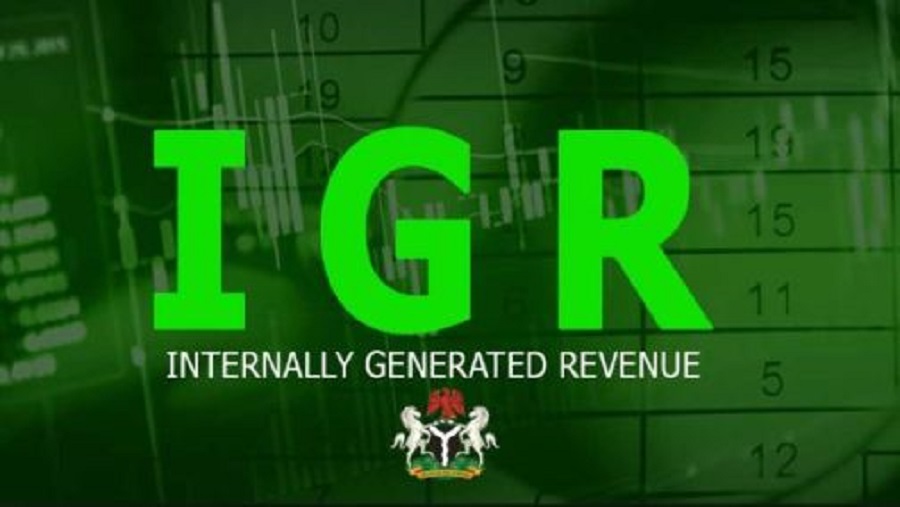The Chairman of the House of Representatives Committee on Appropriation, Rep Abubakar Bitchi, reveals that MDAs have committed to boosting their revenue in the 2024 fiscal year to finance the approved budget.
This comes following the House’s approval of the N28.777 trillion budget, an increase of N1.2 trillion from President Bola Tinubu’s initial proposal of N27.5 trillion presented on Nov. 29.
Hon. Bichi clarified that the augmented budget was a result of revenue-generating agencies pledging significant revenue growth in 2024 to support the budget.
He said,
- “We had a meeting with Government-Owned Enterprises (GOEs), and we believe that their submissions are not enough. They have agreed to increase their revenue,”
- “That is how we can get that N1.2 trillion which we applied to capital.”
Bichi noted that the augmented budget in the appropriation bill primarily targets the capital component rather than recurrent expenditure.
He said,
- “This is the first time the capital component is bigger than recurrent, and I believe this budget is brilliant and Nigerians will see a lot of impacts,”
- Additionally, he highlighted a one-day town hall meeting where citizens provided input into the 2024 appropriation bill.
- Furthermore, Bichi emphasized the collaborative effort between the joint National Assembly committee on appropriations and the executive in shaping the budget.
Backstory
Last week, the National Assembly passed the 2024 appropriation bill submitted by President Tinubu in November.
Both chambers passed the bill with an increase of N1.2 trillion compared to the initial N27.5 trillion submitted by the President.
The 2024 budget used a $77.96 per barrel oil price benchmark, with production pegged at 1.78 million barrels per day and an exchange rate of N800 to USD, different from the executive’s proposed N750 to USD in the draft from the Executive.
Additional highlights of the 2024 appropriation bill include a total aggregate expenditure of N28.7 trillion, statutory transfers amounting to N1.7 trillion, recurrent expenditure reaching N8.7 trillion, and a capital expenditure component totalling N9.9 trillion.






















